7 GPTs for Book Drafting Powered by AI for Free of 2026
AI GPTs for Book Drafting are advanced artificial intelligence tools based on Generative Pre-trained Transformers, specifically designed to assist in the creation, structuring, and editing of book manuscripts. These tools leverage the power of machine learning to understand and generate text, making them highly effective for tasks ranging from generating ideas and outlines to fleshing out entire chapters. By adapting to the user's style and preferences, they provide personalized assistance in the book drafting process, revolutionizing how authors approach the task of writing.
Top 7 GPTs for Book Drafting are: StoryBoard Recreator,Word Table of Contents - GPT,ExpertAuthorAdvisor,Ghostwriter,Latex Helper,Chapter Ghost Writer,Word Weaver
StoryBoard Recreator
Bringing Stories to Life with AI Artistry
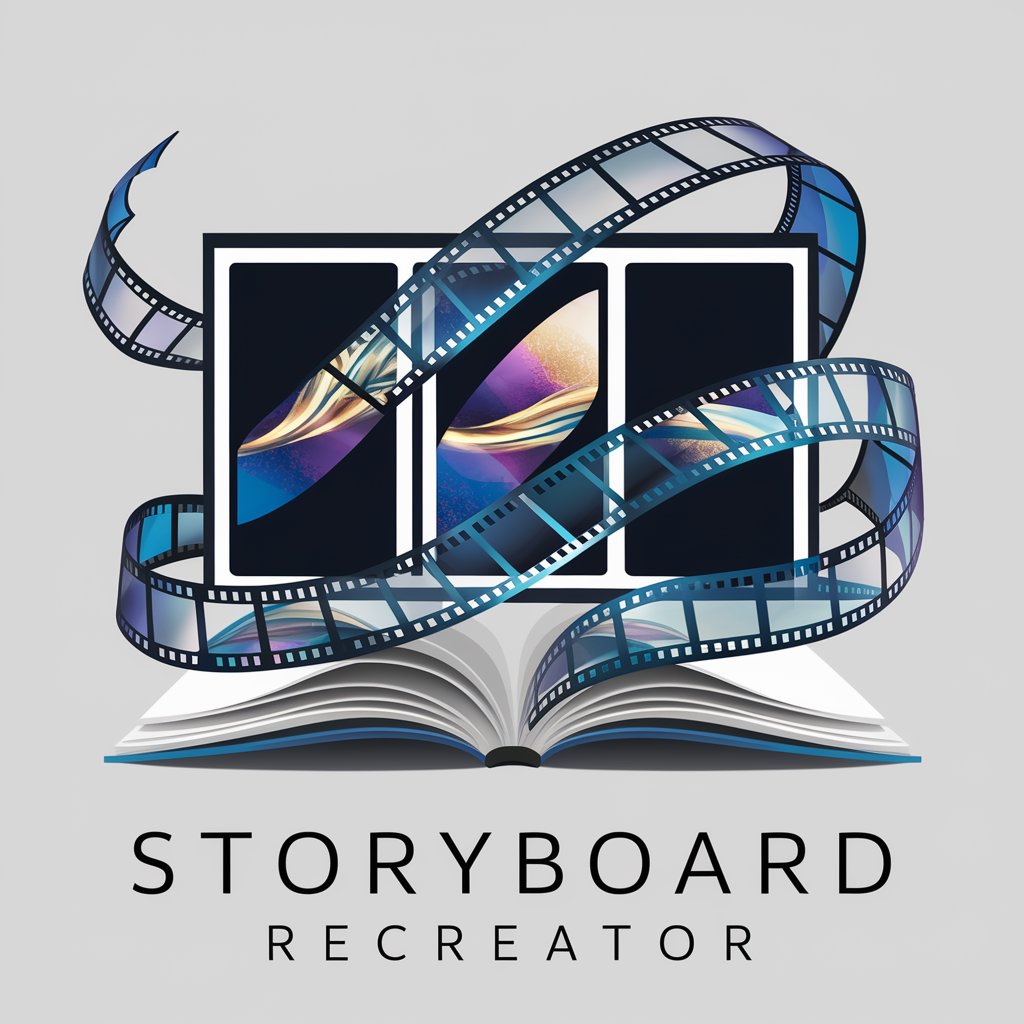
Word Table of Contents - GPT
Streamline Document Setup with AI
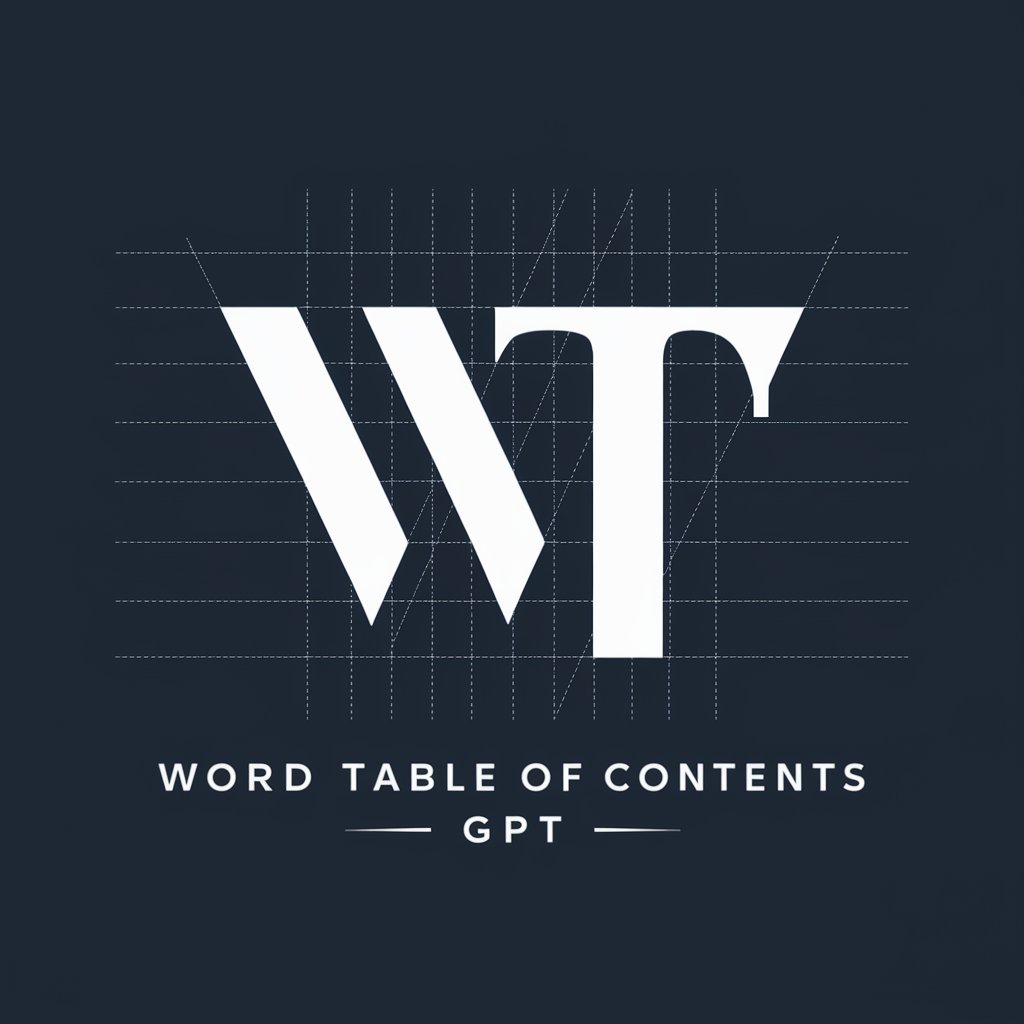
ExpertAuthorAdvisor
Craft Transformative Texts with AI Insight

Ghostwriter
Empowering your writing with AI.
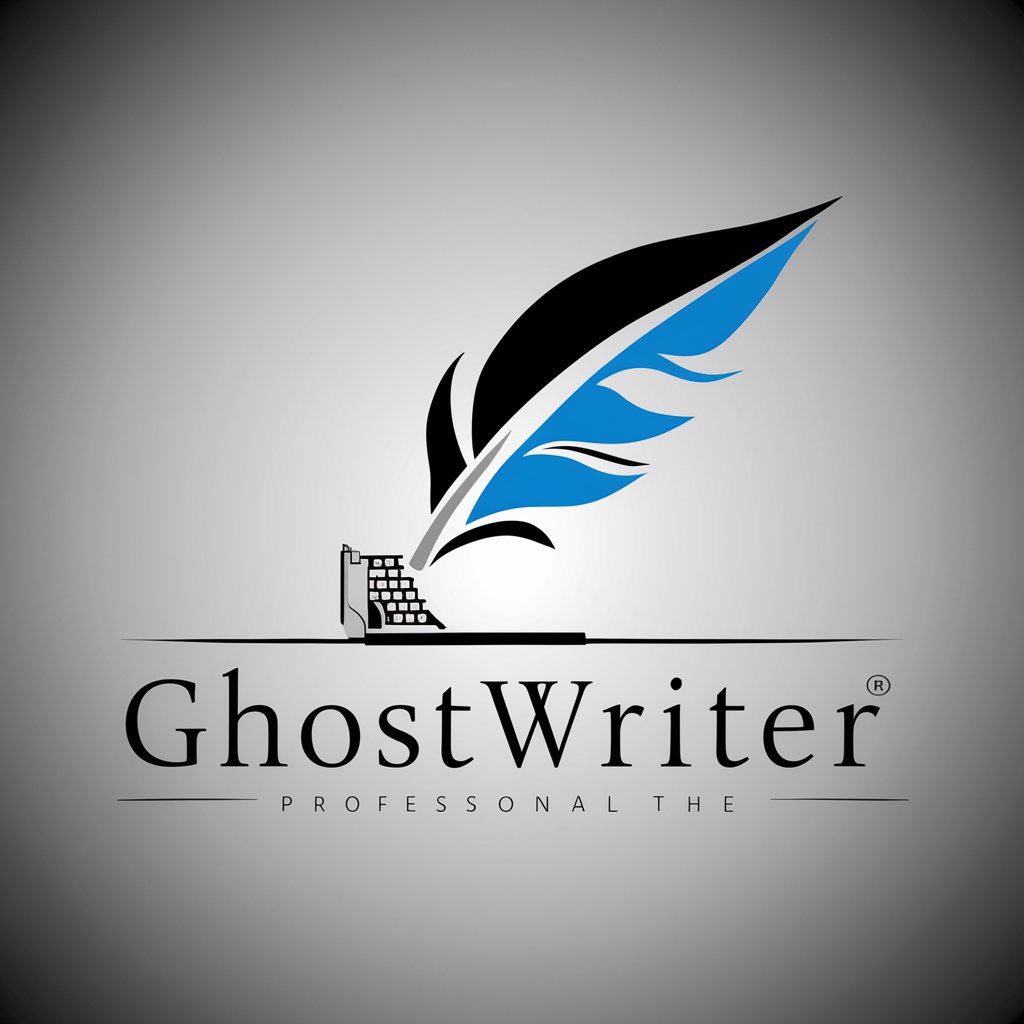
Latex Helper
Your AI-powered LaTeX coach
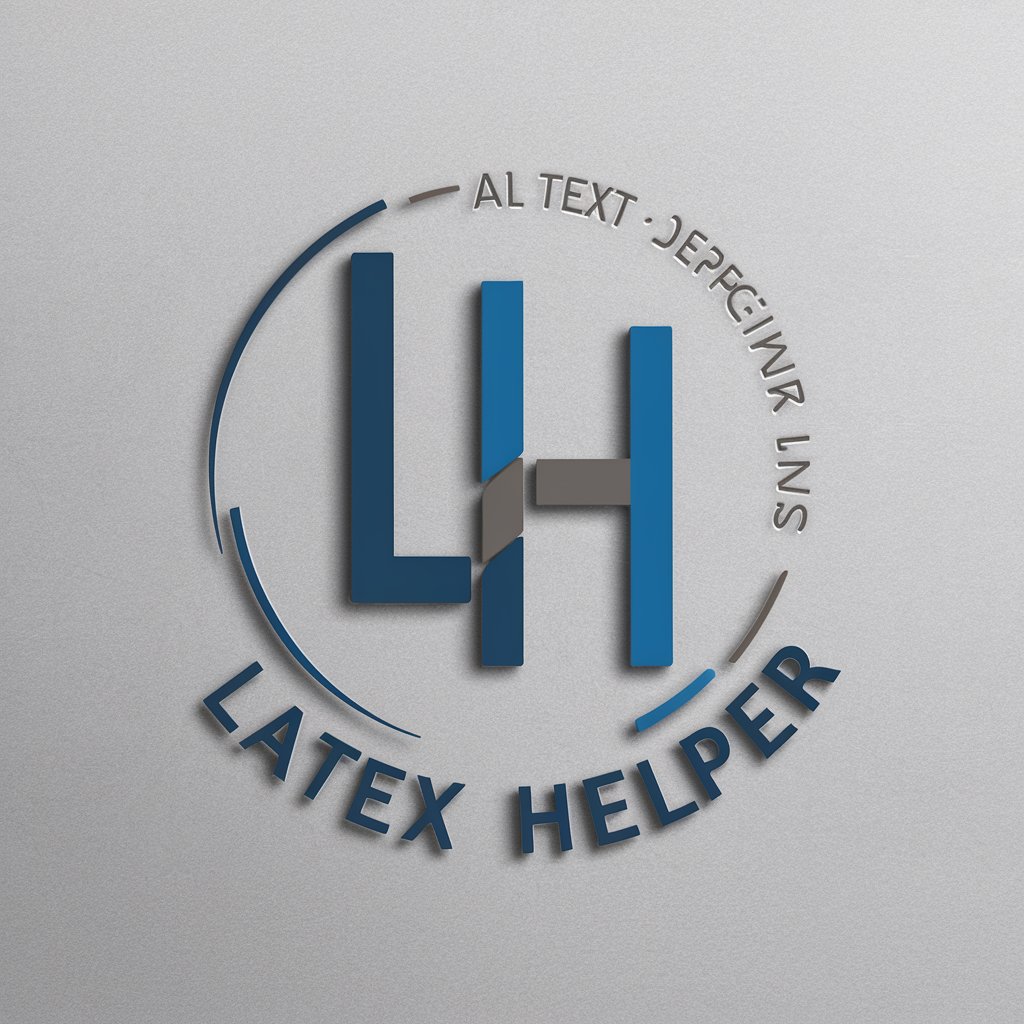
Chapter Ghost Writer
Empowering your writing with AI
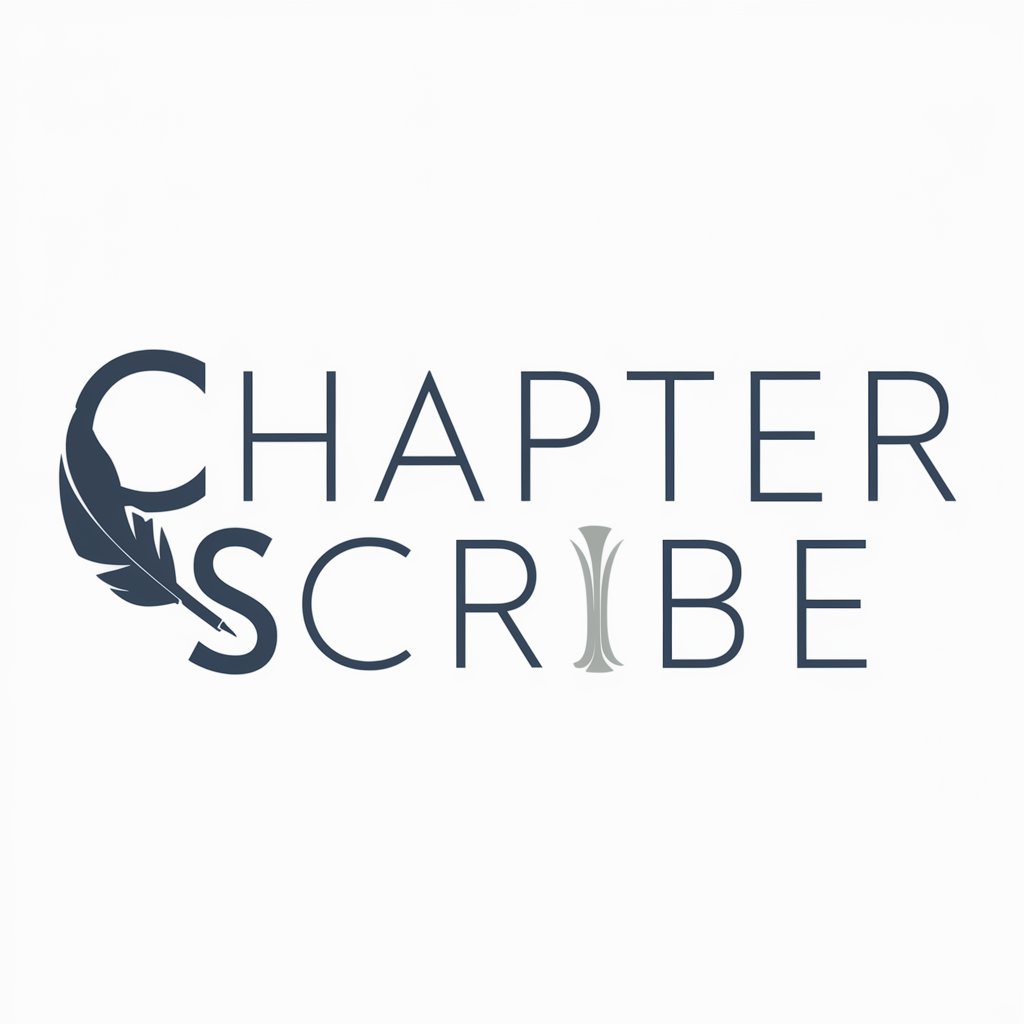
Word Weaver
Crafting Science with AI Power
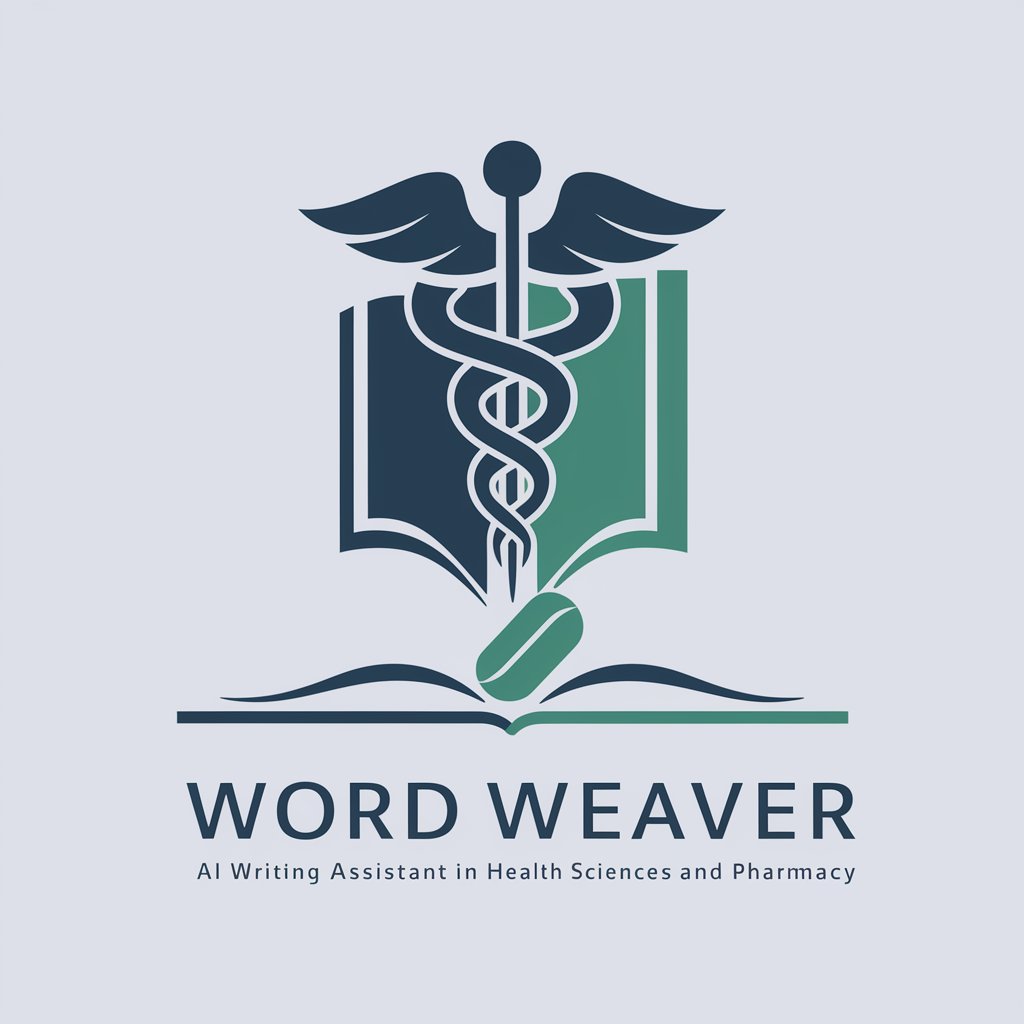
Essential Attributes and Functions of AI GPTs in Book Creation
AI GPTs for Book Drafting exhibit a range of unique characteristics and capabilities, including natural language processing for understanding and generating coherent and contextually relevant text, adaptability to various writing styles and genres, and the ability to learn from feedback to improve output quality over time. Special features may encompass language learning for multilingual drafting, technical support for formatting and grammar, integrated web searching for research, image creation for illustrations, and data analysis for plot and character development insights.
Who Benefits from Book Drafting AI GPTs
AI GPTs for Book Drafting cater to a diverse audience, including aspiring and established authors, publishers, and content creators across genres. They are particularly beneficial for individuals without coding skills, offering user-friendly interfaces and intuitive guidance. Simultaneously, they provide advanced customization options for developers and professionals with technical expertise, allowing for tailored solutions that fit specific project requirements.
Try Our other AI GPTs tools for Free
Editorial Advice
Discover how AI GPTs for Editorial Advice are revolutionizing the editorial process, offering tailored, innovative solutions for content creation, editing, and enhancement.
Debt Avoidance
Discover how AI GPTs for Debt Avoidance can transform your financial health with personalized, intelligent debt management strategies.
Financial Decision
Discover AI GPTs for Financial Decision, your AI-powered assistant for enhanced financial analysis, prediction, and advice, tailored to simplify complex financial tasks.
Spending Habits
Discover how AI GPTs for Spending Habits can transform your financial management with personalized insights, predictive budgeting, and seamless integration with financial systems.
Productivity Tracking
Explore how AI GPTs for Productivity Tracking can revolutionize your workflow with advanced insights, personalized recommendations, and seamless integration capabilities.
Weekly Reflection
Discover how AI GPT tools for Weekly Reflection can transform your personal and professional growth with tailored insights, easy integration, and user-friendly features.
Further Exploration into AI-Driven Book Composition
AI GPTs as customized solutions in the literary world highlight the potential for technology to enhance creative processes. With user-friendly interfaces, these tools can seamlessly integrate into existing writing workflows, offering both inspiration and practical assistance to authors. The continuous evolution of AI technologies promises even greater capabilities in the future, further bridging the gap between human creativity and machine efficiency.
Frequently Asked Questions
What exactly are AI GPTs for Book Drafting?
AI GPTs for Book Drafting are specialized AI tools designed to assist in the various stages of writing a book, from ideation to manuscript completion, leveraging the capabilities of Generative Pre-trained Transformers to produce text that aligns with the author's intentions and style.
How do these tools adapt to different writing styles?
Through machine learning algorithms, these tools analyze the user's writing to mimic style, tone, and structure, ensuring that the generated content is coherent with the rest of the manuscript.
Can AI GPTs help with research for my book?
Yes, some AI GPTs include integrated web searching capabilities, allowing users to gather information and factual data relevant to their book's topic directly within the tool.
Are there customization options for more advanced users?
Absolutely. While designed to be accessible to novices, these tools also offer programming interfaces and customization options for users with coding knowledge, enabling the creation of highly tailored writing aids.
Do AI GPTs for Book Drafting support multilingual writing?
Many of these tools are equipped with language learning capabilities, supporting the drafting process in multiple languages to cater to a global user base.
How does the AI ensure the quality and originality of content?
AI GPTs are trained on vast datasets to generate unique and contextually appropriate content. Regular updates and learning from user feedback help maintain high standards of quality and originality.
Can these tools help with illustrations and cover design?
Some AI GPTs integrate image creation tools, enabling authors to generate illustrations and cover designs that align with their manuscript's themes and content.
What are the limitations of using AI GPTs for Book Drafting?
While highly advanced, these tools cannot replace human creativity and critical thinking. Authors must review and refine AI-generated content to ensure it meets their standards and accurately represents their vision.